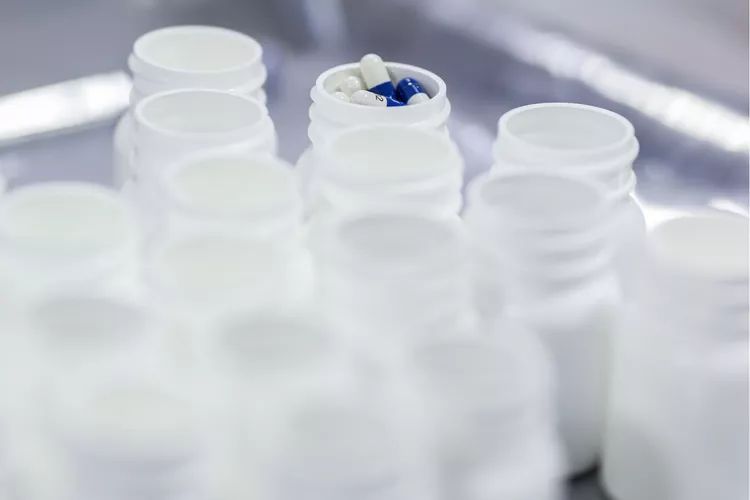
The Food and Drug Administration (FDA) issued a recall notice for thousands of bottles of the antidepressant duloxetine due to the presence of nitrosamines, a cancer-causing chemical.
Duloxetine is a common antidepressant sold under the brand name Cymbalta. It belongs to a class of medications called selective serotonin and norepinephrine reuptake inhibitors (SNRIs) that are used to treat depression and anxiety.
The drugmaker, Towa Pharmaceutical Europe, recalled over 7,000 bottles of 500-count, 20 mg duloxetine delayed-release capsules, which were distributed nationwide.
The recall started on October 10 as a Class II recall, meaning the product could “cause temporary or medically reversible adverse health consequences,” and it’s unlikely to cause severe adverse health outcomes.1
What Are Nitrosamines?
According to the FDA, nitrosamines are organic compounds that exist in low levels in water and food, including meat, dairy products, and vegetables. “Everyone is exposed to some level of nitrosamines,” the agency said.2
The FDA states that if someone is exposed to nitrosamines at or below the safety threshold every day for 70 years, they may not have an increased risk of cancer. However, prolonged exposure to higher levels may elevate cancer risk.
The specific nitrosamine detected in Towa’s duloxetine is called N-nitroso-duloxetine. Nitrosamines can form during chemical reactions during the drug manufacturing process and when it is packaged and stored.
These contaminants have prompted recalls of several drugs, including the heartburn medication Zantac, the diabetes drug metformin, and the smoking cessation aid Chantix.2
What to Do if You Take Duloxetine
You can check if your medication was in the affected batch. The recall covers lot #220128, which expires on 12/2024.
If you are concerned about your medication being tainted, call your pharmacy. The pharmacists can tell you if your batch is part of the recalled lot and what your options are. They may be able to dispense duloxetine that is not part of the recall.
The FDA said not to abruptly stop taking your medication without consulting your health provider first. The risks of stopping the medication “may outweigh the potential risk of exposure to nitrosamines.”
Food and Drug Administration. What to know and do about possible nitrosamines in your medication.
